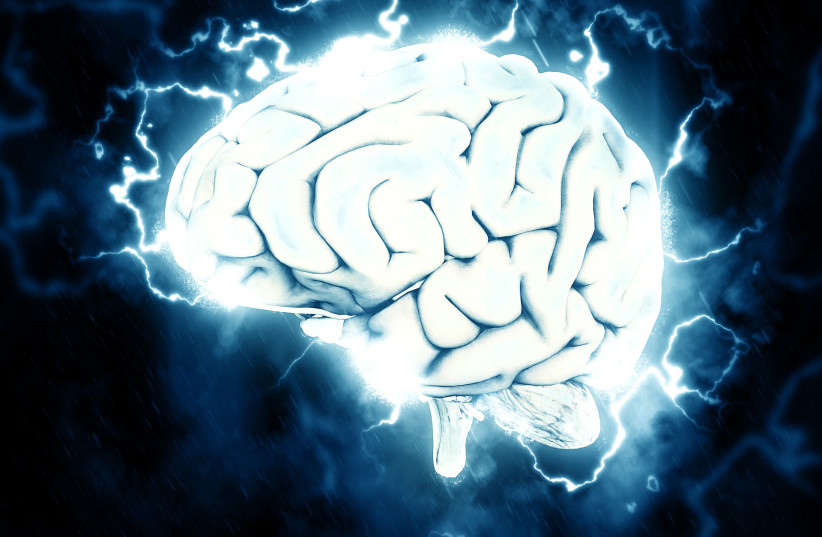A new theory dealing with consciousness, i.e. how we perceive ourselves and the world around us, claims that our brain is not aware of our surroundings directly, but rather it processes subconscious memories that were created half a second ago.
A team of researchers from the University of Boston believes that this new theory that they developed may explain why it is so difficult to maintain a diet or resist impulsive behaviors.
“In a nutshell, our theory is that consciousness developed as a memory system that is used by our unconscious brain to help us flexibly and creatively imagine the future and plan accordingly,” said corresponding author Andrew Budson, MD, professor of neurology. “What is completely new about this theory is that it suggests we don’t perceive the world, make decisions, or perform actions directly. Instead, we do all these things unconsciously and then — about half a second later — consciously remember doing them.”
There are many theories concerning consciousness, especially in recent years. Some propose a hierarchical structure, where the brain actively promotes or demotes cognitive processes to be unconscious or conscious.
Other theories focus on whether certain parts of the brain can generate the correct information - thereby deciding whether it is conscious or not. However, these all involve direct processing of stimuli as they enter the brain and subsequent decision-making in the foreground or background, which — according to Budson and his team — is simply too slow to account for the rapid reflexes seen in sports and other high-octane activities.
What is the new theory?
The new theory, published in a peer-reviewed study in the journal Cognitive and Behavioral Neurology, posits that stimuli enter the unconscious directly before the brain transfers them to the conscious based on memories of the event, and actions we believe to be conscious are often completely controlled by impulse.
According to them, this explains why we do things we know we should not do, such as compulsive eating.
Budson explained that "even our thoughts are not generally under our conscious control. This lack of control is why we may have difficulty stopping a stream of thoughts running through our head as we’re trying to go to sleep, and also why mindfulness is hard."
Using this theory, the researchers described clinical teaching methods that can advance work in the field, which may have implications for neurological diseases such as dementia.
Furthermore, if correct, these studies could provide new methods for dealing with compulsive behaviors and disorders.

